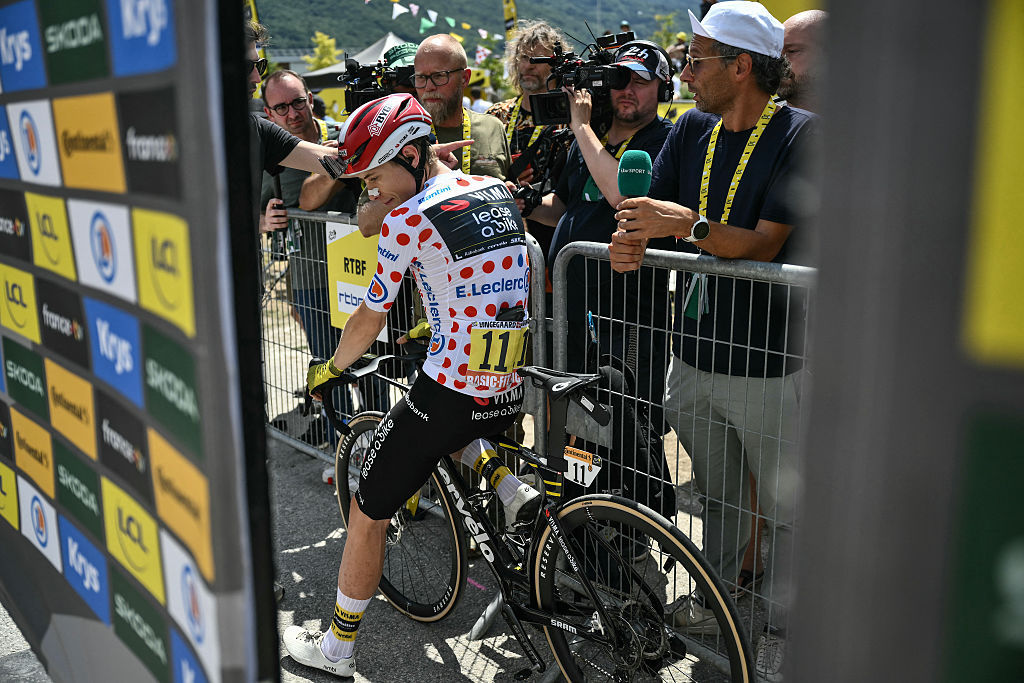Kathy LeMond: UCI needs to do more to fight mechanical doping
'I think that it is the greatest threat to cycling,' she tells Cyclingnews
The latest race content, interviews, features, reviews and expert buying guides, direct to your inbox!
You are now subscribed
Your newsletter sign-up was successful
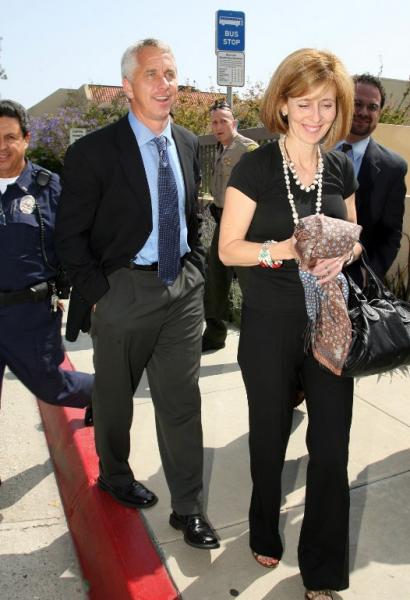
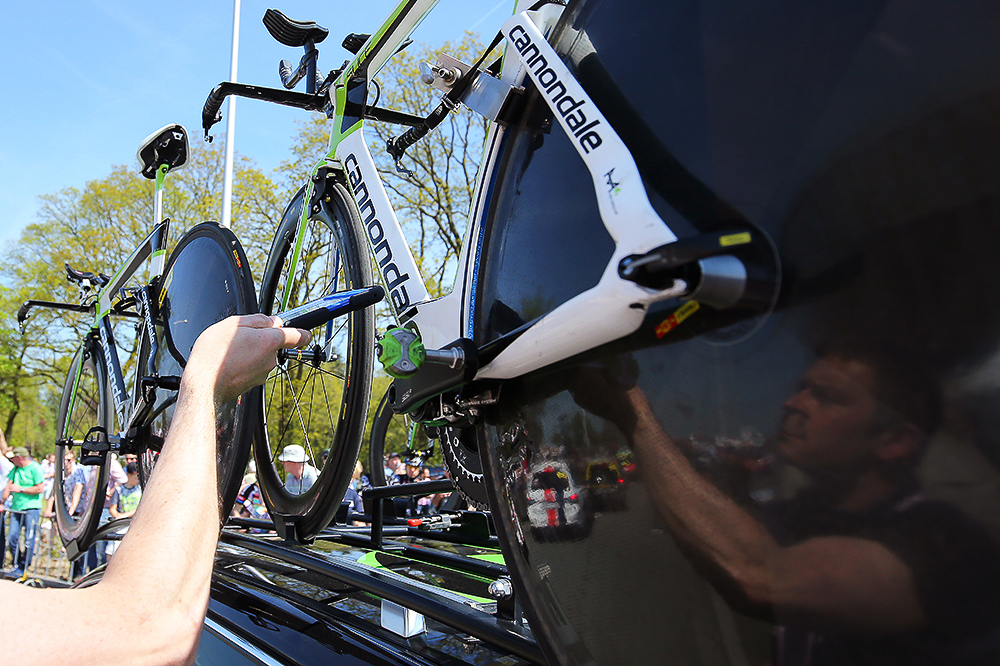
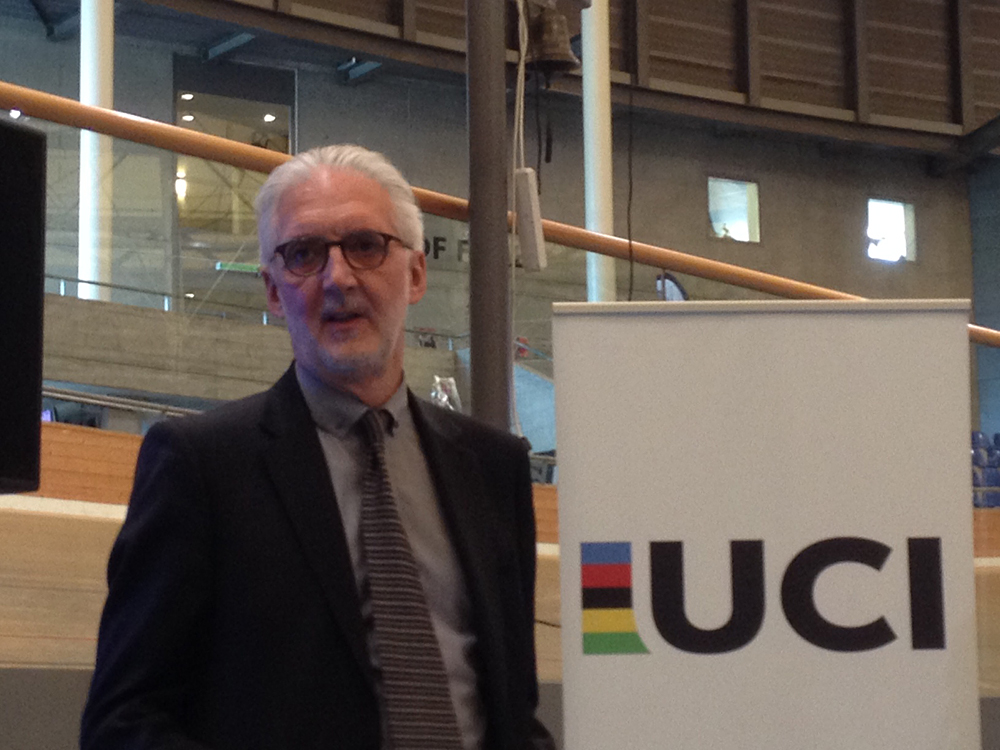
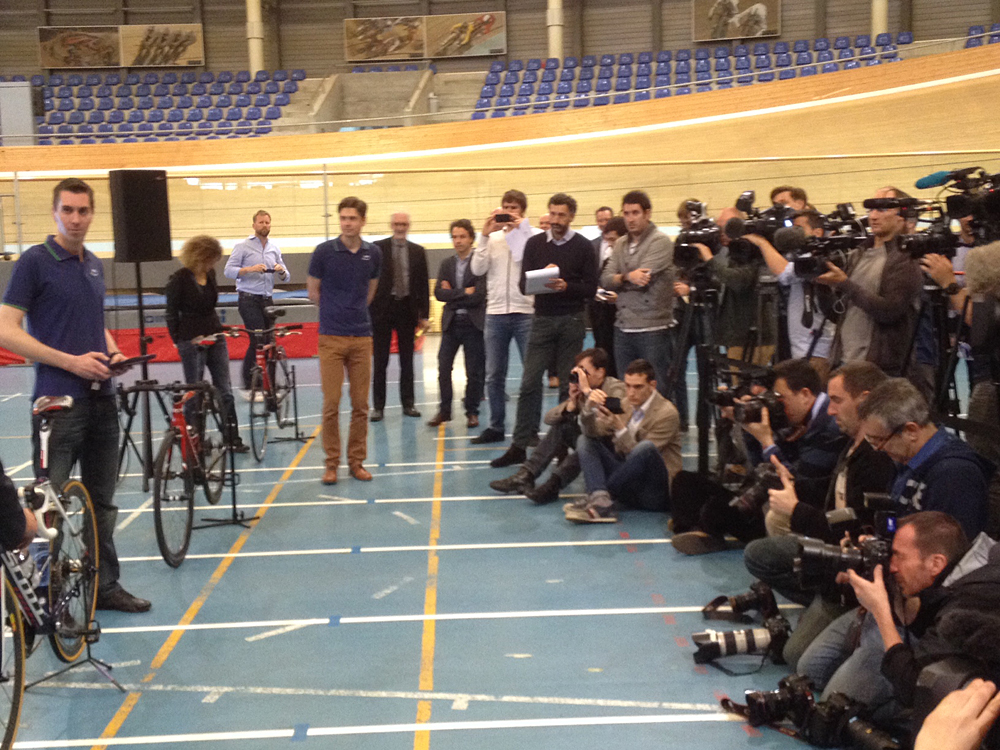
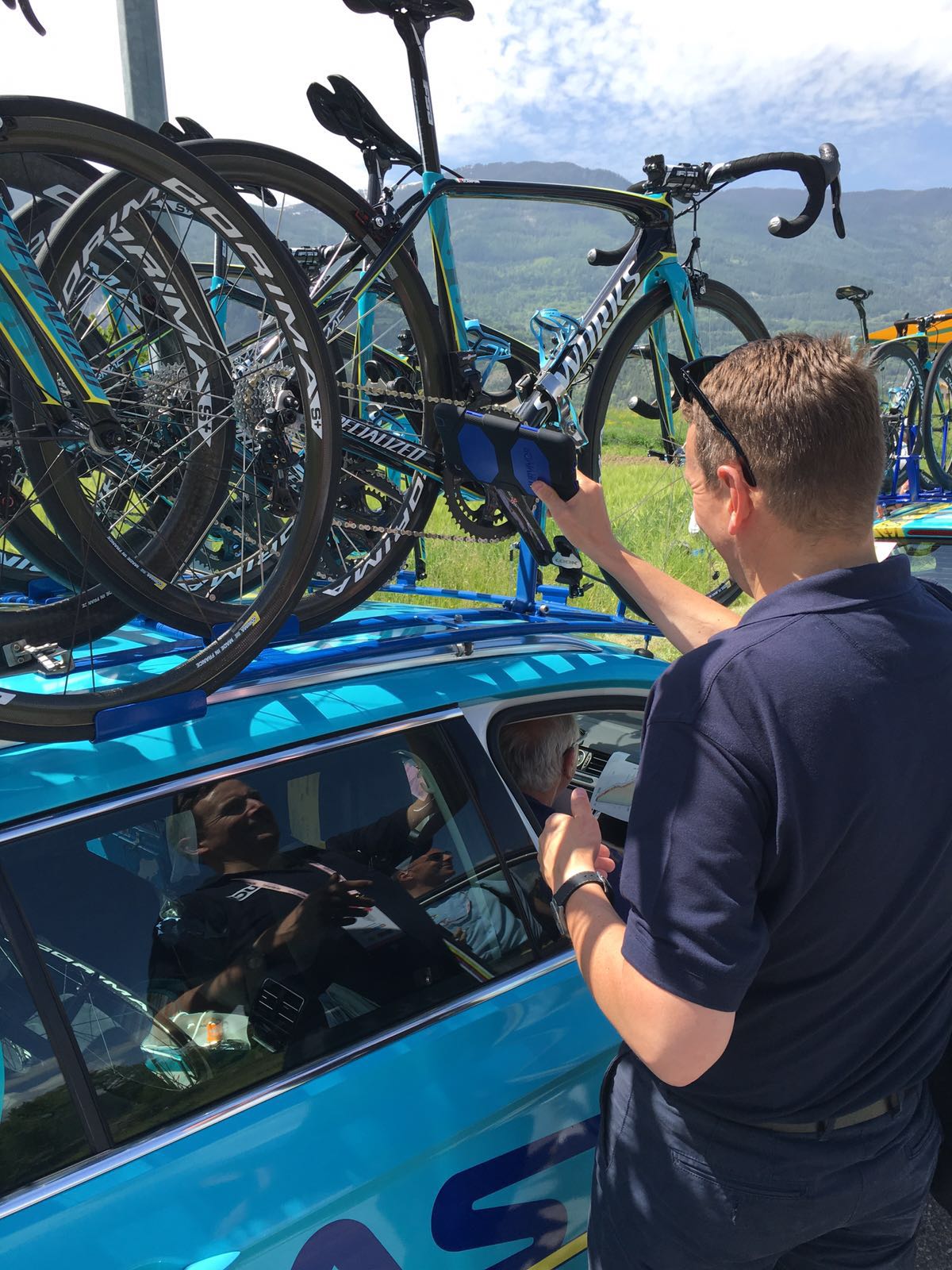
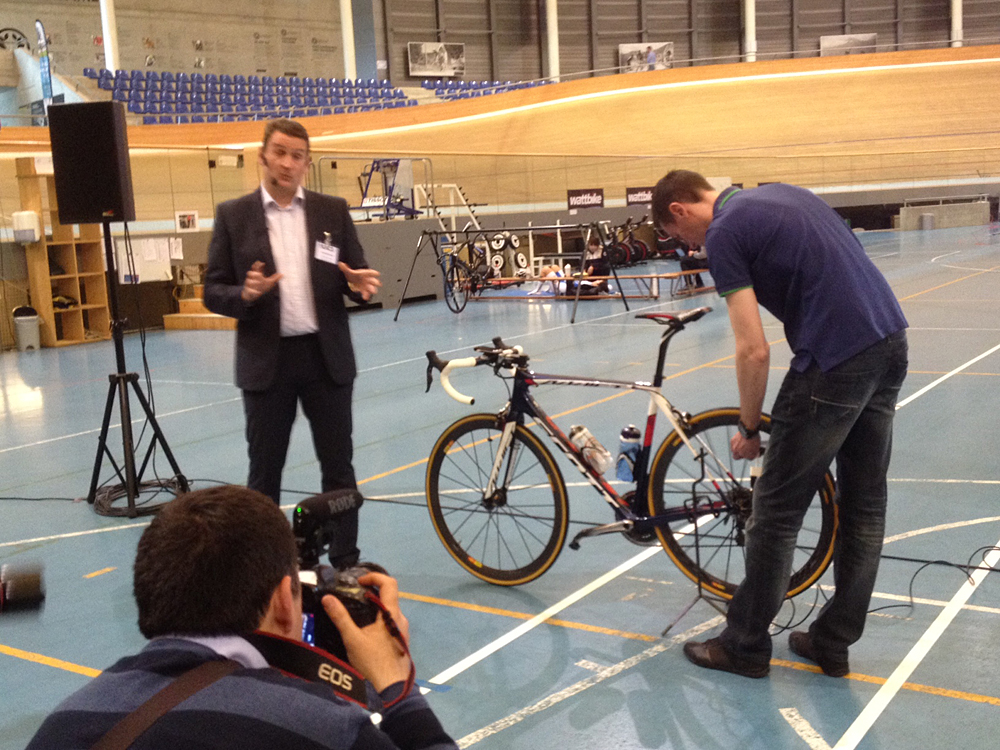
Kathy LeMond, the wife of three-time Tour de France champion Greg LeMond, says that the UCI is not doing enough to combat the threat of mechanical doping. She believes that if the UCI doesn’t step up their efforts in the fight against mechanical doping, it could pose a serious threat to the future of the sport.
UCI carry out further checks for mechanical doping at the Giro d'Italia
Stade 2 programme claims UCI tipped off others about police investigation into mechanical doping
UCI expresses 'full confidence' in staff following Stade 2 mechanical doping report
Prudhomme calls for independent body to deal with mechanical doping
LeMond’s comments come in the wake of allegations against the UCI’s technical director Mark Barfield. Emails obtained by the French television programme Stade 2 apparently showed that Barfield emailed Harry Gibbings -the CEO of Typhoon bikes, who helps the UCI with their testing methods, informing him that the French police were asking questions about someone trying to sell motors at the 2015 Tour de France. It was LeMond who informed Stade 2 of the email exchange, after she was claims she was shown the message from Barfield during the Tour de France.
Last year Greg LeMond called on the UCI to do more to fight the possible use of hidden motors. He told Cyclingnews that heat guns or thermal camera's where the best way to detect hidden motors in races. However the UCI has often been critical of the effectiveness of the devices. The UCI currently uses a expensive tablet device to detect the ‘magnetic flux density’ of motors. The UCI claim it was used successfully to find a motor hidden in the bike of Femke Van Den Driessche.
However Kathy LeMond thinks that there could be more done to fight what she deems as the ‘greatest threat to cycling.’
“There are loopholes and these cheaters will look for any loopholes. Everything needs to be done to ensure that there are no loopholes. We have to do everything possible,” LeMond told Cyclingnews. “I don’t believe that they are doing everything that they can, and I think that it is the greatest threat to cycling."
“All I’m saying is if they don’t stop it then it will be just like doping… To me, they need to take it seriously and come down so hard so that it’s not an option, that is what has to be done."
LeMond confirmed Cyclingnews that she and her husband have spoken to the UCI on numerous occasions about their concerns, but while the UCI listened, they have not taken sufficient action.
The latest race content, interviews, features, reviews and expert buying guides, direct to your inbox!
Closing the loopholes, calling for the peloton to act
The UCI began checking for motors last season but stepped up their operation this year with the help of the new tablet technology. In many races, they have tested all bikes, including spares, but have not uncovered any hidden motors since Van Den Driessche at the Cyclo-cross World Championships in January.
To try and shut down some of the loopholes she refers to, LeMond suggests a 'parc fermé' style system that is employed in motorsport as well as weighing frames and components.
“I think every bike needs to be weighed. Every wheel needs to be weighed. They need to sequester the bikes after they’ve been examined so that they can’t be replaced, they can’t switch out bikes during the stage and then the bike that has been switched disappears,” she said.
She also urges riders themselves to take the issue much more seriously.
“I think that the vast majority of the peloton is not using mechanical doping. Why does every rider not understand that this is a threat to their livelihood? "It’s real. I don’t know why people don’t think that it is real because it is real," she told Cyclingnews.
"I’ve seen the magnetic wheels. I’ve seen the bikes and I’ve been told that they are used in professional racing."
“If you’re a rider and you’re clean, how do you feel in the peloton if you’re riding against someone who has mechanically a doped bike or wheels? You don’t stand a chance, you work so hard, and you don’t get your career."
However, LeMond admits that fear could prevent riders from speaking out.
“I’m scared, and I don’t even have anything going on. I can only imagine that people are afraid to speak out. Cycling is weird that way, and when the governing body doesn’t take you seriously when you come to them for information, it’s a real problem.”
Despite some setbacks, LeMond says that she and her husband will continue to speak to the UCI on the issue of mechanical doping.
“My husband really believes that this is a big threat in cycling right now, and I agree,” she concluded.
Born in Ireland to a cycling family and later moved to the Isle of Man, so there was no surprise when I got into the sport. Studied sports journalism at university before going on to do a Masters in sports broadcast. After university I spent three months interning at Eurosport, where I covered the Tour de France. In 2012 I started at Procycling Magazine, before becoming the deputy editor of Procycling Week. I then joined Cyclingnews, in December 2013.
